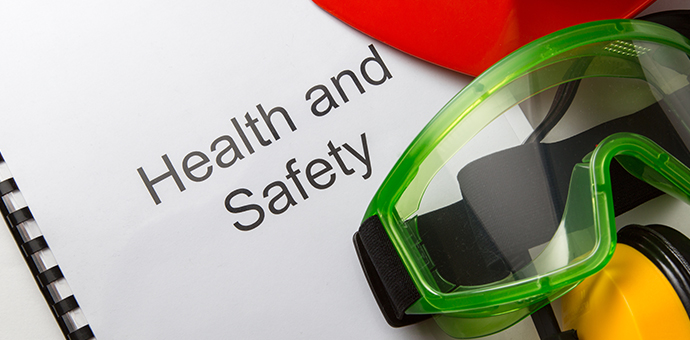Ref Overseas Territories Aviation Circular OTAC 66-1 – 145-9
This version is abridged – for the full version please visit https://sassofia.com/download-area/ or consult the Overseas Territory Regulations
Introduction
ICAO has introduced an amendment to Annex 1 concerned with medical fitness and the use or abuse of intoxicating liquor, narcotics or drugs.
To implement these changes the Air Navigation (Overseas Territories) Order 2007 [AN(OT)O] contains two Articles.
Article 13(7) which prohibits the exercise of the privileges of an aircraft maintenance engineer’s licence when the holder knows or suspects that their physical or mental condition renders them unfit to exercise such privileges, and Article 13(8) which prohibits the exercise of licence privileges when the holder is under the influence of drink and/or drugs to such an extent as to impair their capacity to exercise such privileges.
Guidance
Fitness: In most professions, there is a duty of care by the individual to assess their own fitness to carry out professional duties.
Fatigue: Tiredness and fatigue can adversely affect performance. Excessive hours of duty and shift working, particularly with multiple shift periods or additional overtime, can lead to problems.
Stress: Everyone is subject to various stresses in their life and work. Stress can often be stimulating and beneficial but prolonged exposure to chronic stress can cause performance to suffer allowing mistakes to occur. (Management has a duty to identify individuals who may be suffering from stress and to minimise workplace stresses.)
Eyesight: A reasonable standard of eyesight is needed for any aircraft engineer to perform their duties to an acceptable degree. Many maintenance tasks require a combination of both distance and near vision. (Organisations should identify any specific eyesight requirement and put in place suitable procedures to address these issues.)
Hearing: The ability to hear an average conversational voice in a quiet room at a distance of 2 metres (6 feet) from the examiner is recommended as a routine test.
Drug and Alcohol Abuse: Drinking problems or the use of illicit or nonprescribed drugs are unacceptable where aircraft maintenance safety is concerned and once identified will lead to suspension of the licence or company authorisation and possibly further licensing action being considered.
Medication: Any form of medication, whether prescribed by a doctor or purchased over the counter and particularly if being taken for the first time, may have serious consequences in the aviation maintenance environment unless three basic questions can be answered satisfactorily:
a) Must I take medicines at all?
b) Have I given this particular medication a personal trial for at least 24 hours before going on duty, to ensure that it will not have adverse effects on my ability to work and make sound decisions?
c) Do I really feel fit for work?
Alcohol: has similar effects to tranquillisers and sleeping tablets and may remain circulating in the blood for a considerable time, especially if taken with food. It should be borne in mind that a person may not be fit to go on duty even eight hours after drinking large amounts of alcohol.
Many forms of medication, which although not usually expected to affect efficiency may do so if the person concerned is unduly sensitive to a particular drug.
Therefore no drugs, medicines, or combinations, should be taken before or during duty unless the taker is completely familiar with the effects on him or her of the medication and the drugs or medicines have specifically been prescribed for the individual alone.
Again the sources of advice mentioned earlier in this notice should be consulted if in doubt.
Next Steps
Sofema Aviation Services & Sofema Online regulatory training compliant with EASA, FAA & OTAR requirements. For details please email team@sassofia.com
Tags:
Aircraft Maintenance Engineers, Fitness, Fatigue, Stress, Eyesight, Hearing, Drug and Alcohol abuse, Medication, alcohol





